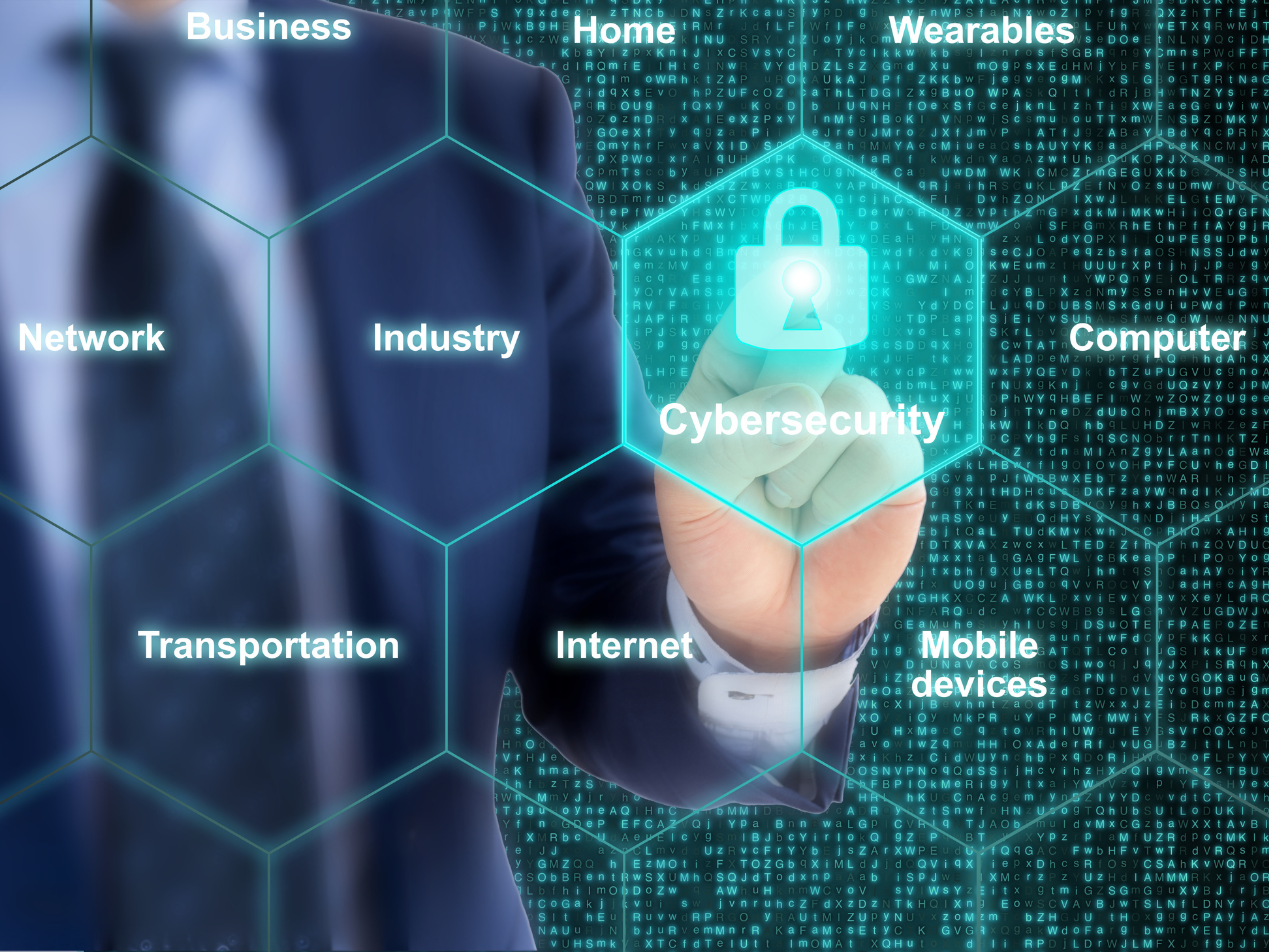
A culture of security is one in which all employees actively participate in cybersecurity. From top to bottom, all within an organization play an active role in cyber defense. The idea is that if you feel included, you tend to care more and work harder at blocking cyberattacks.
When you infuse cybersecurity awareness into every employee, you ensure stronger and better protection. And nowhere is this need more important than within critical infrastructure like healthcare.
RELATED: How can healthcare organisations establish a ‘culture’ of security?
Tasked with safeguarding protected health information, healthcare covered entities can only thrive by building and sustaining a strong culture of security. This way, vital cybersecurity features like HIPAA compliant email are always utilized properly.
What is a culture of security?
Everyone recognizes how crucial it is to embed cybersecurity awareness into an organization. But not everyone understands how to ingrain security into employees’ attitudes and behaviors. This is where a culture of security comes in, encouraging full participation in cyber defense.
Forbes defined security culture as “the idea, customs and social behavior of an organization that influences its security.”
The UK Centre for the Protection of National Infrastructure takes this further. Security culture is “shared by everyone” and determines “how people are expected to think about and approach security.” This is especially important given the fact that the weakest link of any organization is its employees.
SEE ALSO: Human error is inevitable – robust email security is a must
Cybercriminals, attempting to gain a foothold within a network, love to tempt tired and/or stressed employees with social engineering. Having a strong culture of security would therefore counteract such cyber threats. An active security culture ultimately has all employees acting and reacting in a way that promotes cyber safety. But it is not enough to just present security guidelines. Employees must believe and want to follow such beliefs and values.
Four fundamentals for a strong security culture
A good culture of security makes cybersecurity everybody’s job by following some general principles. According to TechTarget, organizations with trustworthy security culture:- Align overall business goals with security
- Avoid discussing security as a burden or obligation
- Enact security practices from top-down
- Encourage critical thought (rather than blame and punishment) if a problem occurs
Underlying these basic standards is the need to have open communication as well as a sense of community. If everyone feels like a security person, they will want to participate in organization-wide protection.
And to further the concept of shared responsibility is that shared beliefs, values, and assumptions drive good behaviors. Employees will feel safe reporting incidents, helping coworkers, and asking questions. Moreover, employees will want to participate in training as well as the implementation of what they learned.
A positive attitude to cybersecurity increases cognition of security needs and issues as well as good behaviors.
Three tips to build a healthy culture of security
Unfortunately, building of a strong security culture has not kept pace with the threat landscape. For instance, the CrowdStrike 2022 Global Threat Report found that ransomware-related data leaks increased by 82% in 2021.
RELATED: Ransomware is more common in healthcare than you think
Therefore, it is important to ensure employees do not invite ransomware into a network with an inadvertent mouse click. But rather than tell them what to avoid, a healthy security culture includes the why and how.
The best place to start building your security culture is by looking at your organization and its current situation. Survey your physical and cyber environment to untangle what to change or update. Or what needs to be adapted or explained better.
Basic questions to consider include:
- Do the employees truly value security? How do you know?
- Why should they care? What motivates different staff?
- Are you (personally) moving the security culture needed (in the right direction) now?
Employee awareness training—not just something boring to sit through
One of the main methods to encourage better behaviors is employee awareness training. Most people groan when they hear they must go through a boring cyber training session. But Fraud Watch International states that 95% of breaches are due to human error so training is obviously important.
It just does not need to be thought of as a burden. Having a good cybersecurity training program means determining the best method for your organization and your employees. It also means setting expectations from the beginning and following through.
Feedback and reevaluation are not afterthoughts but welcome necessities. Effective cybersecurity training happens regularly and is consistently evaluated and updated. Finally, it always accompanies other cyber initiatives rather than acts on its own.
SEE ALSO: Is HIPAA employee awareness training enough? It is still possible for a cyberattack to occur. But rather than being a stressful event, a breach instead becomes a teachable moment. One in which employees want to be held accountable so that they can correct their mistakes. And one in which rewards are openly given and applauded.
Sustaining your community
Organizations that build a culture of security must use a strategic, long-term approach. Rather than thinking of cyber defense as a perimeter that stays in the background, protection is continuous and tactical. Take the long-term view and assume you will always need protection. And once created and implemented, continue to take proactive steps. Don’t forget to treat your employees as partners in cybersecurity.
Moreover, figure out a way to make security fun and engaging. Look for opportunities to celebrate success. Cybersecurity is a long-term commitment and investment to always maintain. Benefits include employees who are more likely to engage and take responsibility as well as a reduction in cyber risks. Furthermore, the increase in compliance with legislation such as the HIPAA Act can only strengthen an organization in the long run.
Ultimately, a strong culture of security ensures that you have all blind spots covered. And that you sustain your organization’s security while continuing day-to-day operations. You cannot build a culture of security overnight. It takes strategy and the desire to stop cyberattacks from wreaking havoc easily.
Boost protection with HIPAA compliant email
Promoting smart cybersecurity tips for employees can help protect against malicious threats, but human error is still ultimately inevitable. With email serving as a top threat vector for cybercrime, it’s important for healthcare providers to cover all bases with a stronger inbound email security strategy.
That’s where Paubox Email Suite comes in. Along with enabling outbound HIPAA compliant email by default, Paubox Email Suite's Plus and Premium plan levels include robust inbound email security tools that block malicious emails from reaching the inbox in the first place.
Our patent-pending Zero Trust Email feature uses email AI to confirm that an email is legitimate. Additionally, our patented ExecProtect solution quickly intercepts display name spoofing attempts.
HITRUST CSF certified 4.9/5.0 on the G2 Grid Paubox secures 70 million HIPAA compliant emails every month.
Subscribe to Paubox Weekly
Every Friday we'll bring you the most important news from Paubox. Our aim is to make you smarter, faster.



